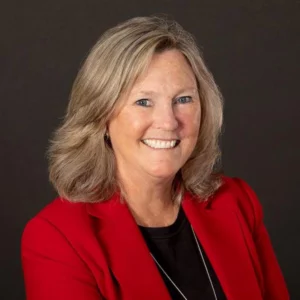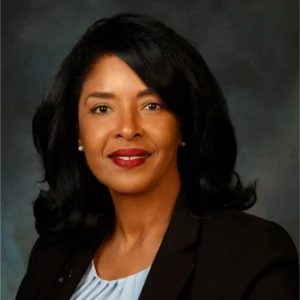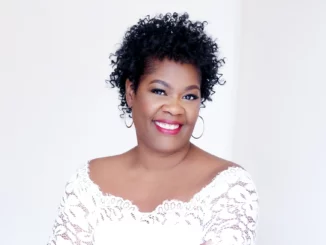
By Lisa B. Nelson and Michelle Harvey
For decades, parents have fought to provide education freedom for their children. The District of Columbia Opportunity Scholarship Program, passed in 2003, provided a glimmer of hope. The movement to pass a D.C. scholarship program was led by a mother, Virginia Walden Ford, who wanted a brighter future for her son. Twenty years later, six states — West Virginia, Arizona, Iowa, Utah, Arkansas, and Florida — have passed significant legislation that empowers every family with education scholarship accounts.
With funding in place, students are now positioned for unprecedented success. West Virginia, a state historically at the bottom of education success ratings, has emerged as a national leader in education freedom. Families may apply for a Hope Scholarship of $4,300 per eligible student and use the funds for a wide variety of educational expenses like tuition, testing fees, tutoring services, school uniforms, and more. They make a difference because they address the most basic of needs.
First, they provide parents with more control over their student’s education. If a parent’s standards aren’t being met, they are empowered to make a change. The scholarships also allow students to choose the environment that best fits their learning style. Not every child learns at the same pace with the same lessons under the same methods. And finally, these scholarships will open doors for families who previously could not afford private schools. In a word, they offer choice.
The timing for this freedom has never been better. Post-pandemic school closures, controversial curriculums, and lackluster academic success from traditional teaching models have motivated parents and common-sense legislators to embrace model education freedom policies like the American Legislative Exchange Council’s Hope Scholarship Act. This act, which creates an education scholarship account for any student throughout the state, is a pathway to education freedom.
Opponents of such a freedom claim to be the student’s only champion. But their one size fits all approach prioritizes the system over students. By contrast, education freedom advocates recognize that students need the option of both strong public schools and alternative forms of education.
The chief argument against universal education freedom is that public schools will lose funding and low-income students will be most adversely impacted. Nearly two decades of research prove these assertions wrong. Research shows that healthy competition from education freedom programs has little effect on traditional schools in the same zip code. If anything, the studies show a slight increase in test scores.
Education freedom embraces everything from charter schools to learning pods, parochial schools, home schools, and even traditional public schools. The beauty of education scholarship accounts is that they allow parents and educators to be innovative and creative while maintaining academic guidelines set by the state. And, best of all, they provide students with the clearest path to success.

Lisa B. Nelson is CEO of the American Legislative Exchange Council.

Michelle Harvey is a National Education Advisor.






